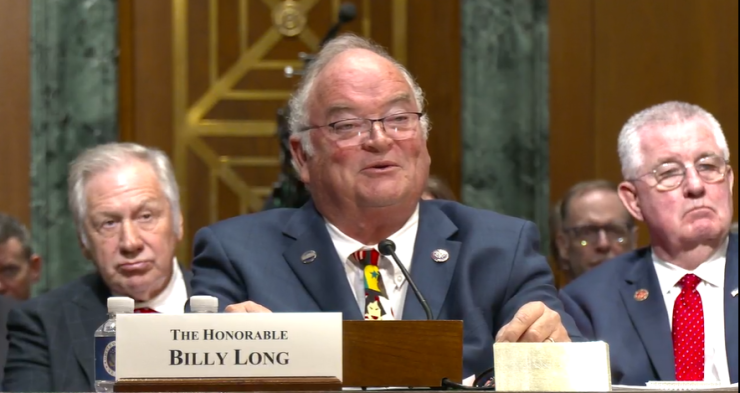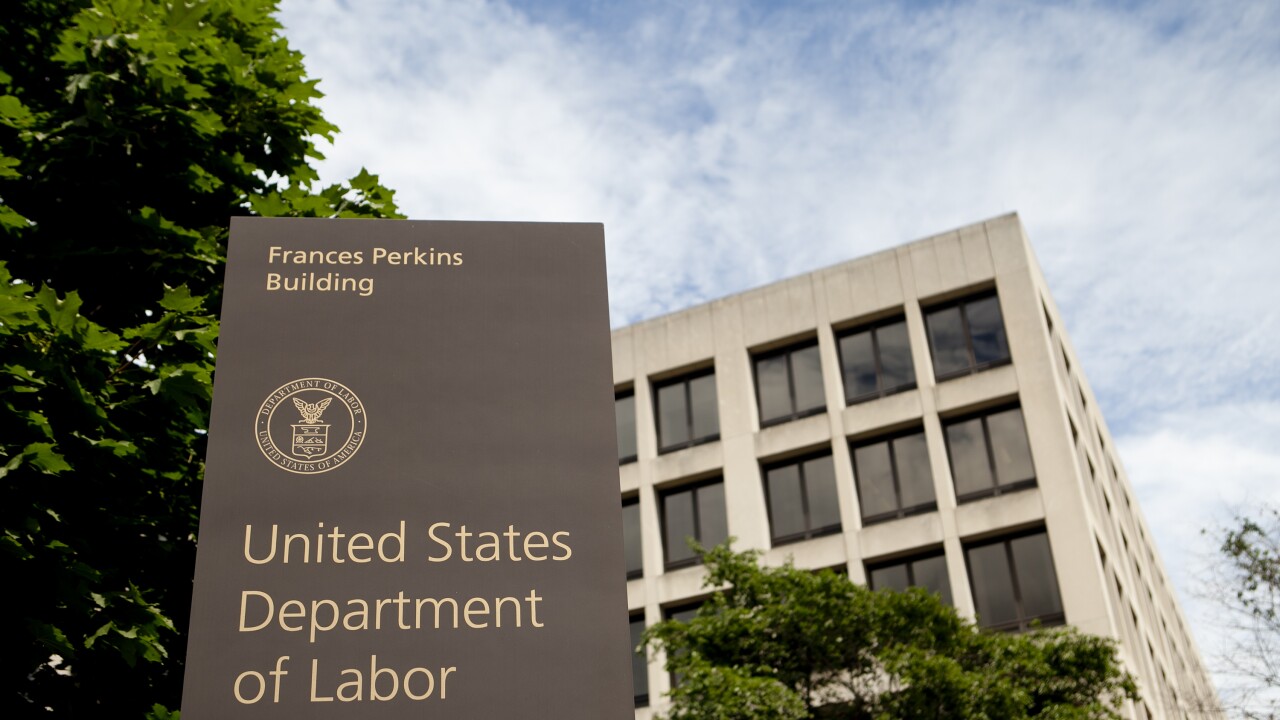The Internal Revenue Service, like other government agencies, is a target of thinning and deregulation under the Trump administration and the Department of Government Efficiency, formerly led by Elon Musk. With a new commissioner on the horizon, and everchanging guidelines, here are the latest moves from the IRS.
A campaign to grant Immigration and Customs Enforcement agents
In exchange for ICE's provision of a person's name, address and deportation order date, the IRS can release taxpayer data — but only for non-tax criminal matters.
Read more:
The IRS has gone through a host of acting commissioners since Donald Trump took office and following the resignation of
After O'Donnell was
Shapely held the role for two days, ceding it to present acting IRS Commissioner
These moves, combined with mass layoffs, have created an air of uncertainty at the IRS.
According to a
"There have been news reports about audits that are in process or that are even close to being wrapped up being canceled because members of that audit team were let go and they just didn't have the staff to carry them on," Anne Gibson, a senior legal analyst at Wolters Kluwer, told Accounting Today. "I imagine we'll see more of that."
Read more:
Below are noteworthy changes from the IRS and what accountants need to know.

IRS lead nominee Billy Long grilled by Senate Finance panel
Billy Long, the Trump nominee for IRS commissioner, faced probing questions from the Senate Finance Committee on monetary sums earned from promoting tribal tax credits and a failed 2022 Senate campaign, his plans for the agency if confirmed and more.
The former Republican congressman's
"I am eager to implement the necessary changes to maximize our effectiveness while also remaining transparent with both Congress and taxpayers," Long said in his opening statement. "It is important to also recognize the dedicated professionals currently at the IRS whose hard work too often goes unnoticed."
Read more:

DOGE cuts oust roughly one-third of IRS auditors
Between layoffs and deferred resignations under the Department of Government Efficiency, the IRS has parted ways with roughly 31% of its auditors.
This announcement follows in the wake of the
Findings from the Treasury Inspector General for Tax Administration's
Read more:

IRS falls short of improper payment rate benchmark
A
The 2019 act's goal directs the IRA to reduce improper payment rates to less than 10% for four refundable tax credits — the Additional Child Tax Credit, the American Opportunity Tax Credit, the Earned Income Tax Credit and the Net Premium Tax Credit. For the 2024 fiscal year, improper payments for the four credits amounted to roughly $21.4 billion.
The rates for each were 29% for the Net Premium Tax Credit, 28% for the AOTC, 27% for the EITC and 11% for the ACTC.
Read more:

IRS to slightly raise HSA limits for 2026
IRS executives said the agency will
Individuals with self-only coverage tied to a high-deductible health plan have an annual limitation of $4,400 for the 2026 calendar year, which is a $100 bump from 2025's limit.
Other noteworthy increases include the $8,750 annual limitation for individuals with family coverage under a high-deductible health plan and the limits for what defines a high-deductible health plan, which have deductibles not less than $1,700 for self-only coverage (up $50 from 2025) or $3,400 for family coverage (from $3,300 in 2025), and for which annual out-of-pocket expenses (but not premiums) are less than $8,500 for self-only coverage (up $100 from this year) or $17,000 for family coverage (up from this year's $16,600).
Read more:

IRS crackdown on high-income non-filers needs improvement
Officials with the Treasury Inspector General for Tax Administration found that IRS "sweeps" that uncovered instances of high-income people not filing taxes were more productive than their non-sweep counterparts, both in terms of closure rate and dollars collected.
The TIGTA
"When people don't file a tax return they're required to, it's not fair to those hardworking taxpayers who responsibly do their civic duty under the laws of our nation," Danny Werfel, former IRS commissioner, said during a press call last year. "When people don't file their taxes, they need to know there's a consequence, [and] this is why I was particularly troubled to learn when I became commissioner that the IRS had to back off our core compliance work on non-filers."
Read more:





